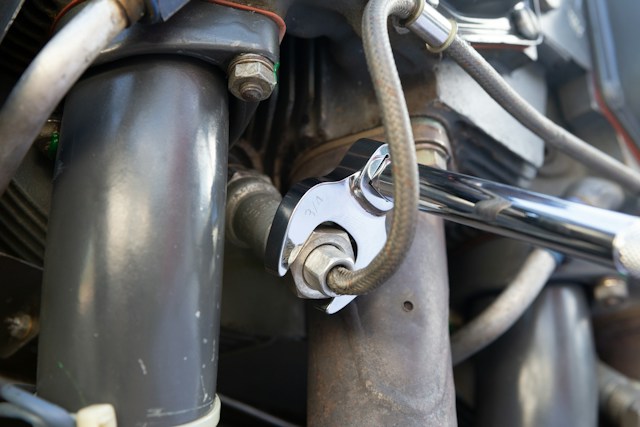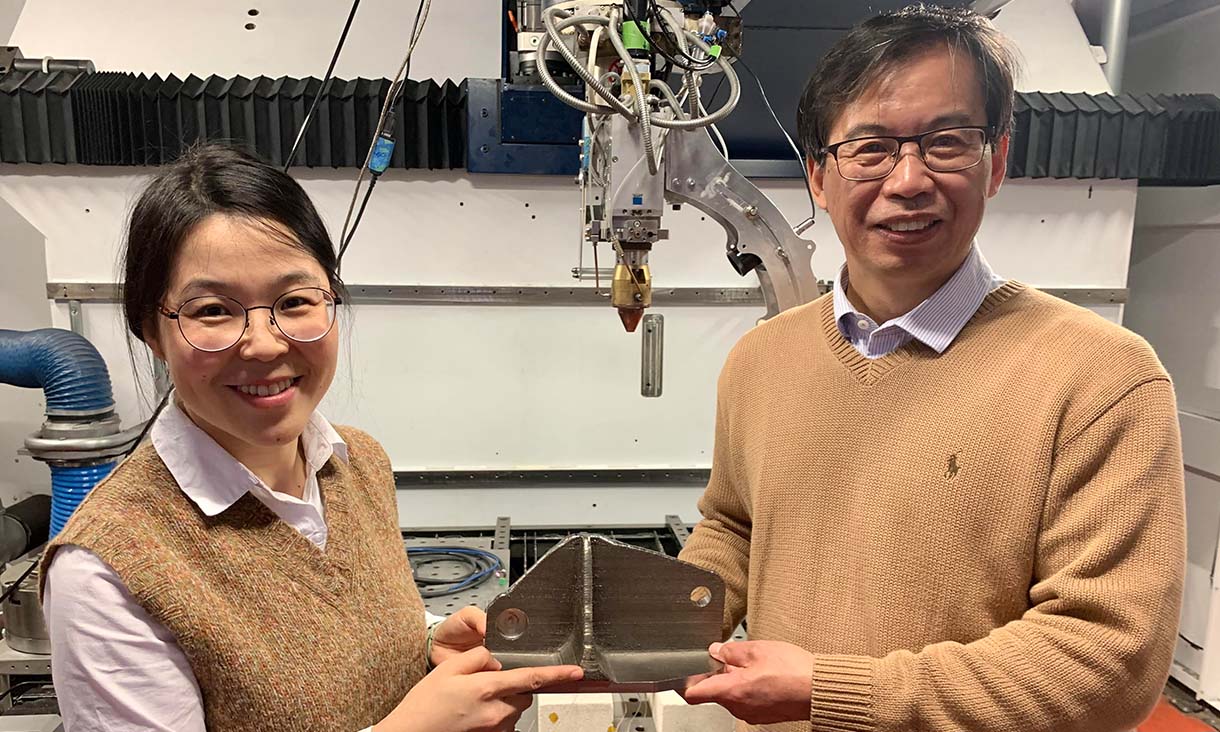Using animals in laboratory testing is a highly controversial issue.
Think about spending your entire life inside a locked cage without any control over any aspect of your life. You can’t choose what to eat and how you will spend your time. This is the life of an animal inside a laboratory – total isolation, deprivation and misery.
Millions of animal lives are lost each year due to experimentation
It is estimated that more than 115 million animals are used in laboratory testing worldwide each year.
Animals imprisoned in laboratories are subjected to painful and traumatic procedures. No animals are safe from testing—primates, rats, mice, rabbits, dogs, pigs, fish, and cats are all routinely used in these tests.
American laws allow animals to be isolated, starved, shocked, poisoned, drowned, addicted to drugs, and brain-damaged. The U.S. is the only nation in the world, other than Gabon, which continues to conduct invasive experiments on chimpanzees.
But now, in an attempt to save these animals from laboratory testing, scientists are creating man made body parts that would replace these animals
Artificial organs such as lungs, livers, hearts and kidneys are already being used to test cosmetics, chemicals and drugs.
The artificial human machines, each the size of a microchip, will be available in three years time. Scientists anticipate that human farms could be made up of hundreds of machines. These organ farms will replace routine animal tests.







